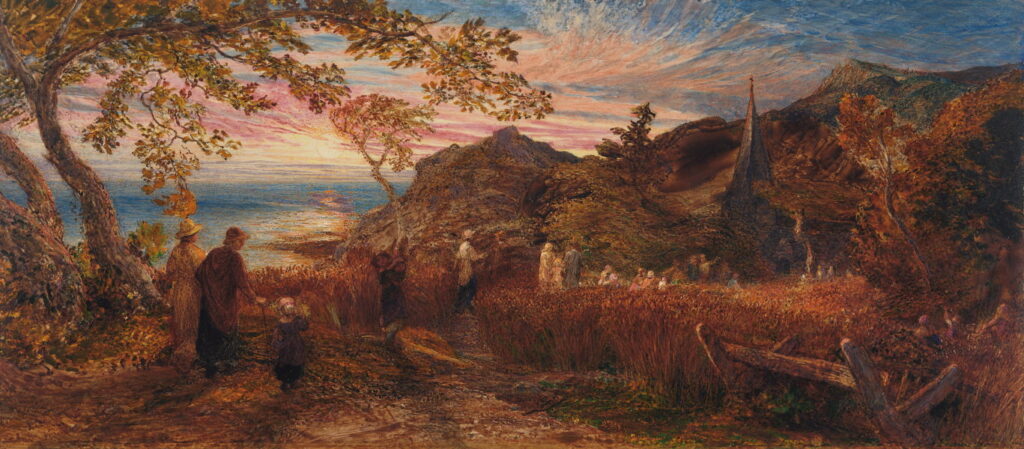
Publications
Professor Haines’s many publications as author, editor or co-editor include the prizewinning Reader in European Romanticism (Bloomsbury, 2010, paperback edn 2014); Poetry and Philosophy from Homer to Rousseau: Romantic Souls, Realist Lives (Palgrave Macmillan, 2005); Redemption in Poetry and Philosophy: Wordsworth, Kant and the Making of the Post-Christian Imagination (Baylor University Press, 2013); Shelley’s Poetry: The Divided Self (Macmillan, 1997); Shakespeare and Value (Shakespearean International Yearbook Special Section, Routledge, 2018); and many articles on a range of subjects including Time in Philosophy and Art, the modern self, Romantic poetry, Shakespeare contra Hegel, Milton’s Satan as the first terrorist, Victorian self-fashioning, Dante, Iris Murdoch and literary value, Antigone and Athens, Rousseau and authenticity, and Augustine’s Confessions.
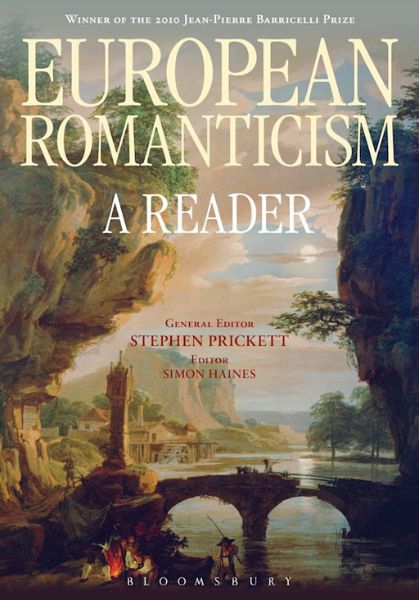
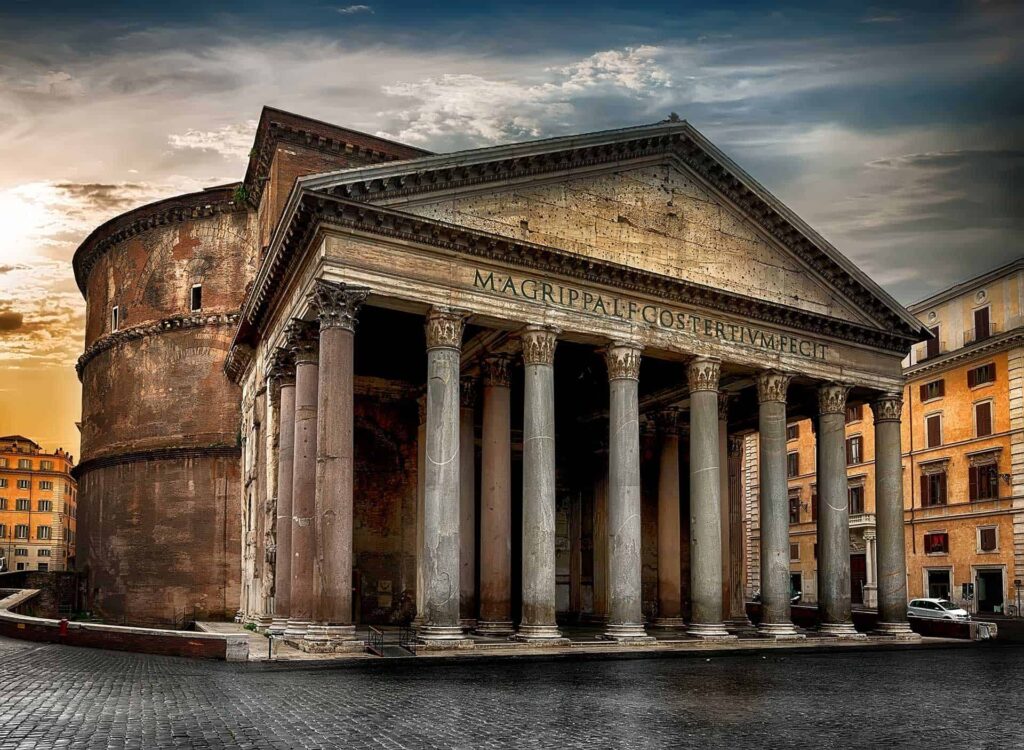
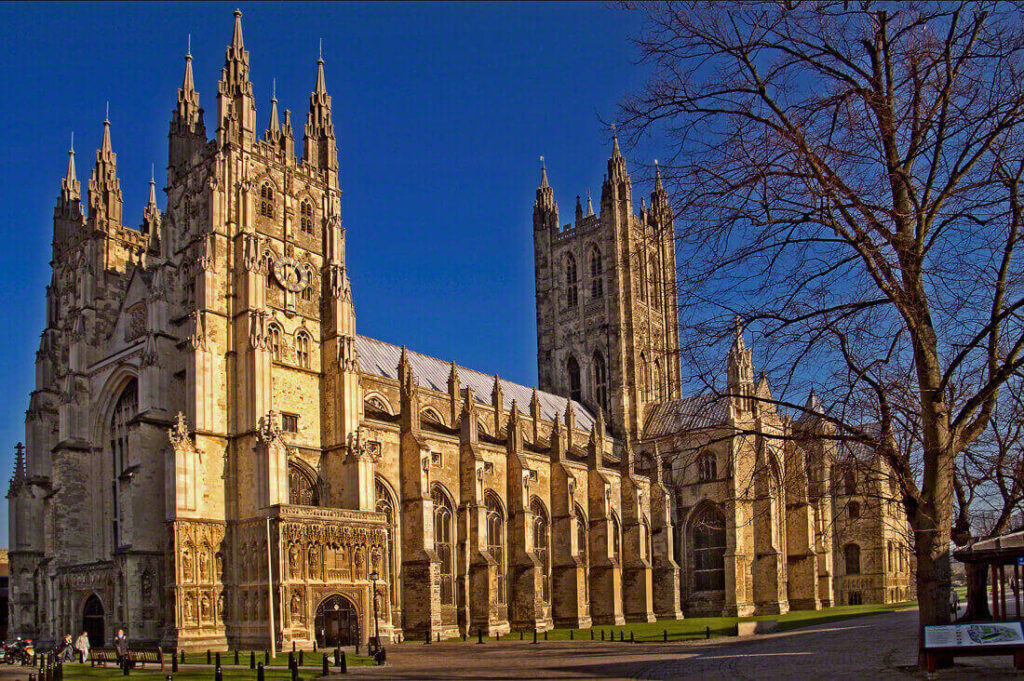

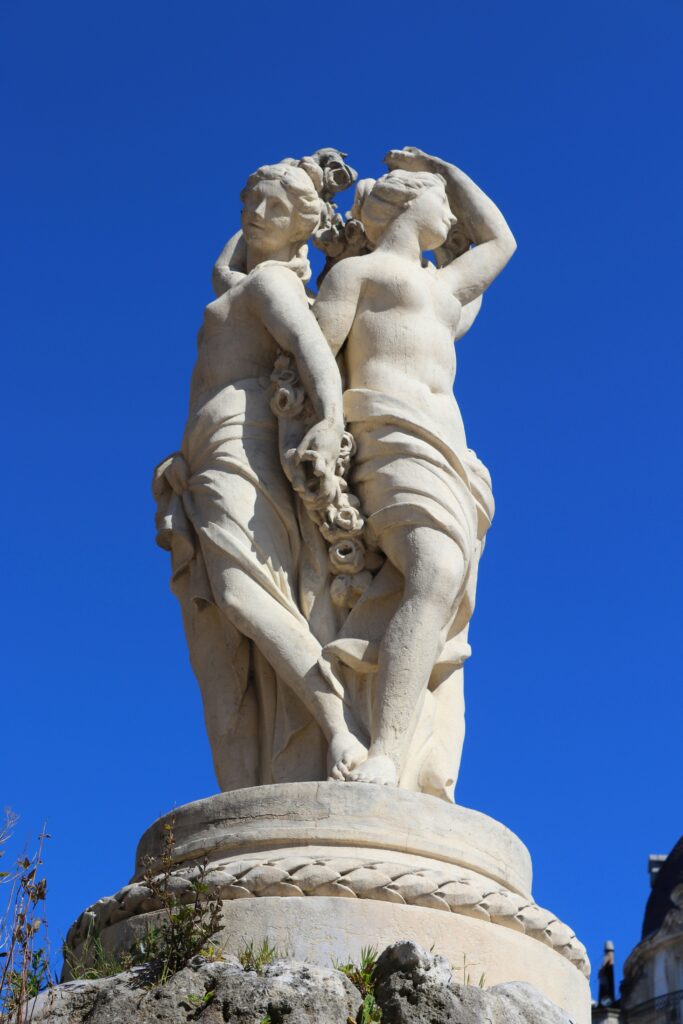
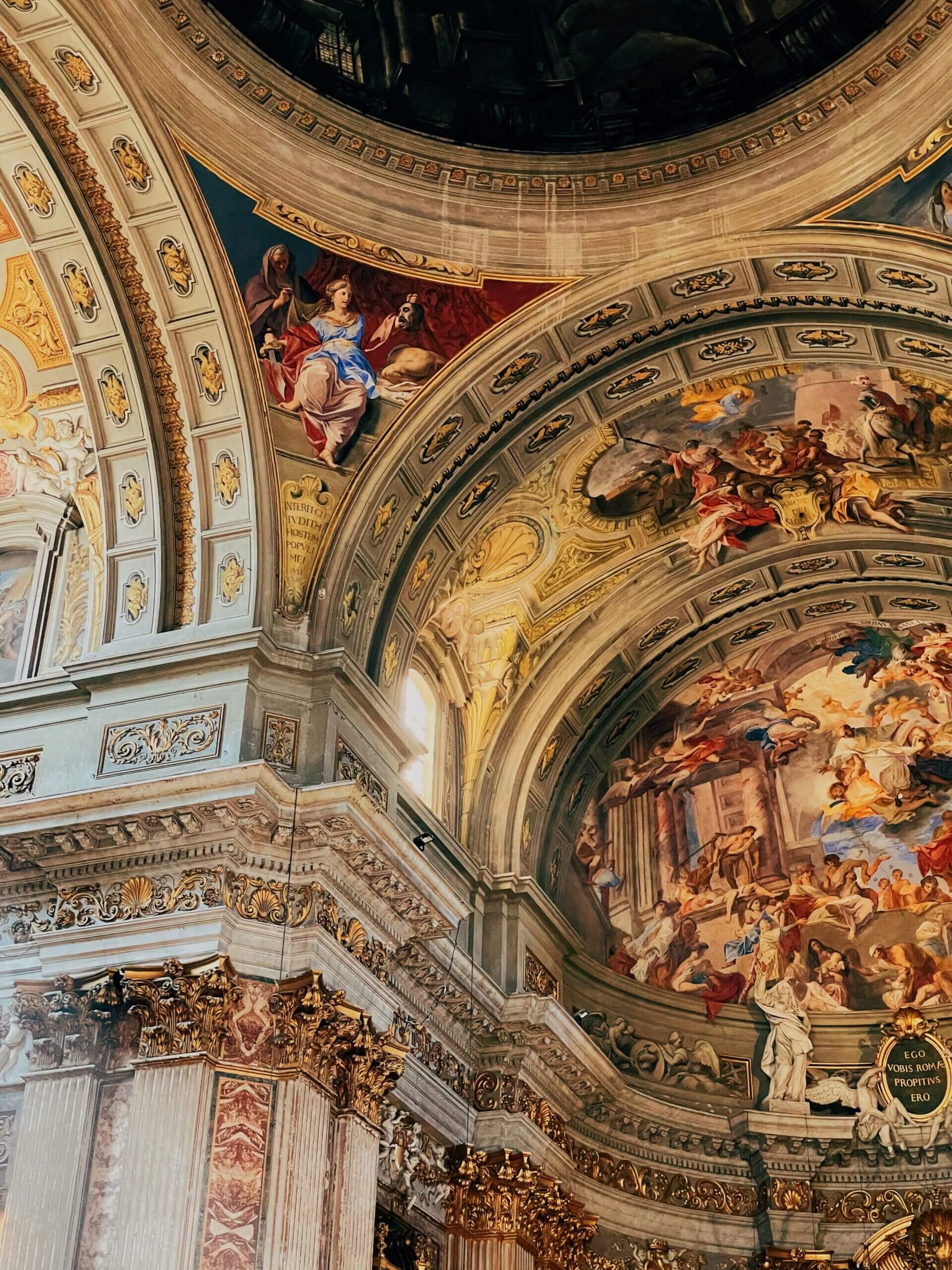
Recent public speaking
Simon Haines has given many public lectures and talks on the above topics and others, but more recently he has spoken extensively about the history of the university in the West and the value of a liberal arts curriculum. He believes that in their headlong pursuit of research funding and prestige, and their recent or post-modernist addictions to social-change and even activist causes, universities in general in the Anglosphere, and in particular the Arts and Humanities sector, have neglected and disincentivised teaching and coherent disciplinary curricula, to the detriment of their public reputation and of the young people who ought to be their first responsibility.
Scholarly work
Professor Haines’s writing on the nature of the Western or European self, as represented in literature and philosophy, is founded in broadly Wittgensteinian and Aristotelian traditions of philosophical reflection deriving from the work of Iris Murdoch, Cora Diamond, Alasdair Macintyre, Charles Taylor, Stanley Cavell and others. His essays on “Deepening the Self” (in Renegotiating Ethics in Literature and Philosophy, eds. Adamson, Freadman and Parker, Cambridge, 1998) and “Shakespeare and Value” (in the 2018 Routledge publication mentioned above), among others, alongside his fuller studies in the 2005 Romantic Souls, Realist Lives and 2013 Wordsworth and Kant volumes), tell the story of a 2500-year conversation about “the self”, between the greatest literary and philosophical minds of our civilisation: about what we are and how we function as self-aware centres of consciousness in a human and natural world.

The two models of the self
This conversation, or debate, has often been between two contrasting understandings of selfhood or identity. On the one hand sits a dissociated conception: a punctual or nuclear core, a deciding agency, sits at the centre of a cloud of more familiar personal attributes such as memories, desires and appetites, having no distinctive qualities of its own except to control them.
That vacuum-like core space is filled up by an inrushing concept, or set of concepts: ‘liberty, equality, fraternity’; ‘diversity, equity, inclusion’; ‘race, class, gender’; ‘rights’, ‘justice’; many terms ending in ‘-ism’. The core becomes a value-monster, a black hole, sucking the complexity and diversity, the rich textures, out of our personal and political ecosystems. This ‘controller’ conception of the self has been immensely powerful in Western thought: overwhelmingly so in the modern age, since the 1780s, and turbocharged in the hypermodern age we now find ourselves in. Rousseau, Nietzsche, Freud, Marx and more recently Foucault are only some of its principal avatars.
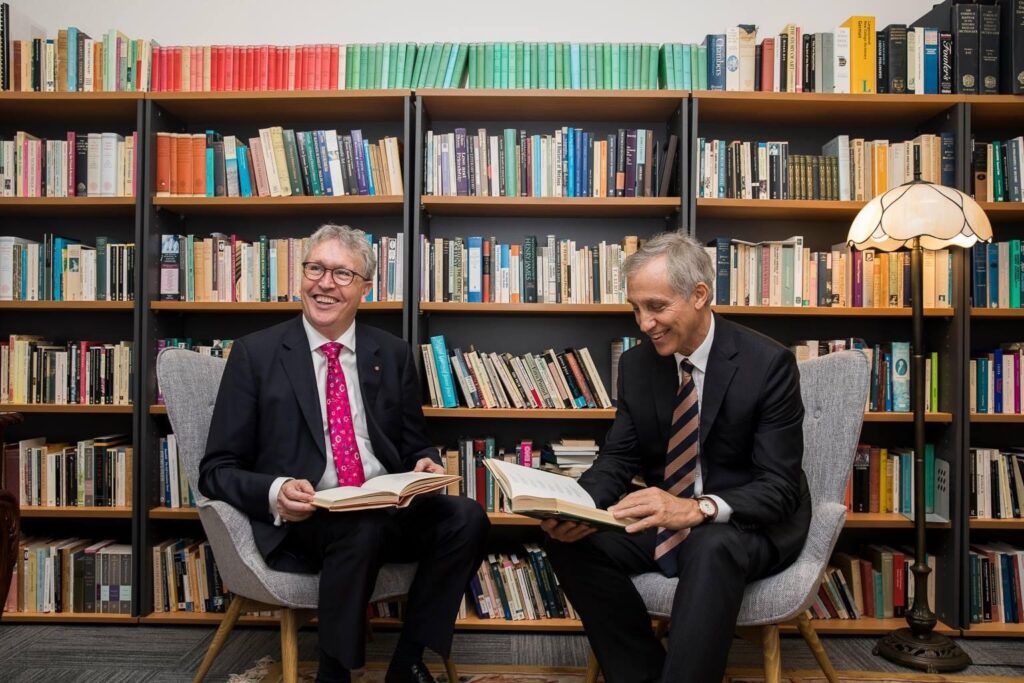
On the other hand stands a richer and healthier conception of the self, as constituted precisely in all those memories, appetites and desires, all those complex webs of affiliation and affection. The concept core flowers or unfurls into an integral, organic, sentient framework, both supporting and infusing the surrounding substance. We are, indeed, fundamentally valuing beings: not so much homo sapiens as homo aestimans. The basic value-forms of this self are not just a handful of master-concepts, but the countless diverse and familiar virtues and vices whose habitat, thanks to the alien interlopers, is now threatened: courage, wisdom, honesty, justice, diligence, benevolence, perseverance, generosity, tolerance: faith, hope and charity. This is life with concepts, not life as concepts, offering through the cultivation of habit much better internal defences against appetite and destructive emotion (greed, fear, envy, malice).
Implications
Simon Haines sees the age-old struggle between these two conceptions of the self as determinative of many aspects of our lives in the West: reflected not just in our great works of literature, philosophy, art and music, but in our social, political and educational arrangements, and our religious beliefs: our senses of freedom, of virtuous human association, of personal growth, and of the divine. He believes that we urgently need to rediscover and re-enact the healthy conception. Its adversary is rapidly undermining democratic civilisation from within, while core-controlled autocratic regimes continue to embody exactly the same diseased conception of the self.
